Members
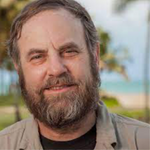
Dr. Les Kaufman (he/him)
Principal Investigator, Professor of Biology
I am a marine and conservation biologist with a side interest in tropical forest ecology. In my work I search for a better understanding of evolutionary ecological processes, and of the ways that human society interacts with the rest of nature. The projects running in the lab are a reflection of my research interests and Professor Deyle’s, alloyed by those of our lab community.
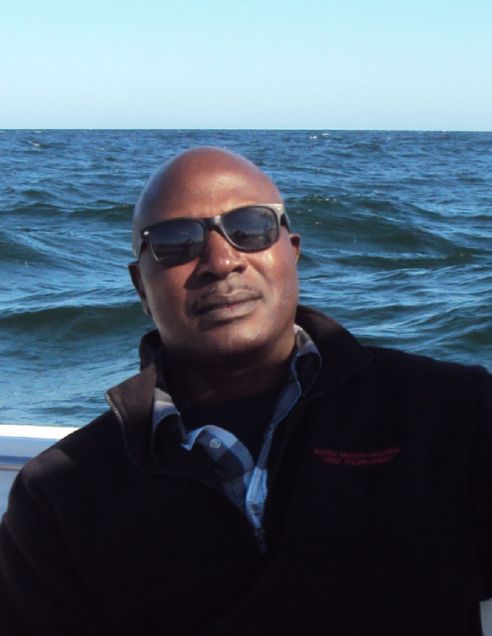
Dr. John Okechi (he/him)
Postdoctoral Associate Researcher
jokechi@bu.edu
Okechi is an experienced and enthusiastic marine biologist; highly passionate about the study of marine environmental issues, aquaculture and biodiversity conservation. He is committed to excellence in research and analysis of research work; and very skilled in handling various marine specimens, gathering data and working with people from diverse backgrounds. For the last five years, he has been a significant member of the Kaufman Lab at BU. Recently, he earned his PhD (Biology) and is currently a Postdoc Associate in the Kaufman Lab. His research focuses on the impact of fish farming on the ecology and biodiversity conservation in Lake Victoria, Kenya.Work from his dissertation was recently published in Conservation Science and Practice Journal. Article synopsis: The rapid growth of cage aquaculture in Lake Victoria has raised concerns regarding its contribution to eutrophication and implications for biodiversity conservation. The results show no significant difference in environmental conditions between cage and control stations, and a significantly higher total fish biomass at cage stations. The findings are discussed to inform aquaculture management and conservation strategies.
To learn more about Okechi’s research, check out: The ecological health of Lake Victoria (Kenya) in the face of growing cage aquaculture
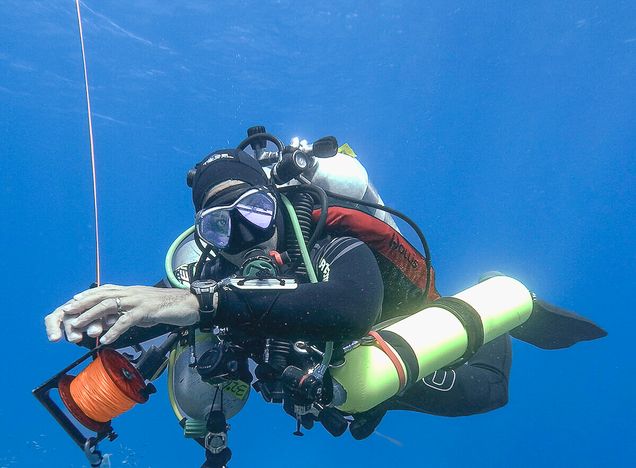
Fabio Butirago (he/him/él)
Ph.D. Candidate
Fabio Buitrago is a PhD candidate in the Biology Department at Boston University. He graduated as an ecologist from Universidad Centro Americana (UCA) in Managua, Nicaragua; he completed master’s studies in Wildlife Management and Conservation at Universidad Nacional de Costa Rica (UNA) and Project Management at Universidad para la Cooperación Internacional (UCI) also in Costa Rica. He was selected, among a group of distinguished Central Americans, to be part of the Central American Leadership Initiative promoted by the Colorado Aspen Institute to motivate leaders of the region as a spark for positive change. Fabio began diving in 1984, and his love for the underwater realm took him to become an Scuba diving instructor trainer (PADI Course Director) in 2016. He has worked for local NGOs of different countries of Central America, as well as for governments, international cooperation agencies, private businesses, universities, and the Central American Integration System (SICA). Over his 20+ years of professional experience he has worked in scientific research, socio-economic development, protected areas design and management, environmental policy planning, education, and capacity building across a wide variety of environments, political scenarios, economic interests, and poor income marginated communities. Among the major professional milestones of his career he has produced several nature science books, more than a 100 episodes of an environmental education TV show, more than 20 scientific publications, a portable marine Museum (Nicaragua Azul), and his underwater photography have been used to raise the awareness of thousands of Central Americans over the last decades. He is now dedicated to advance the knowledge of coral reef´s ecology under fishing pressure and climate change in the Caribbean of Central America.
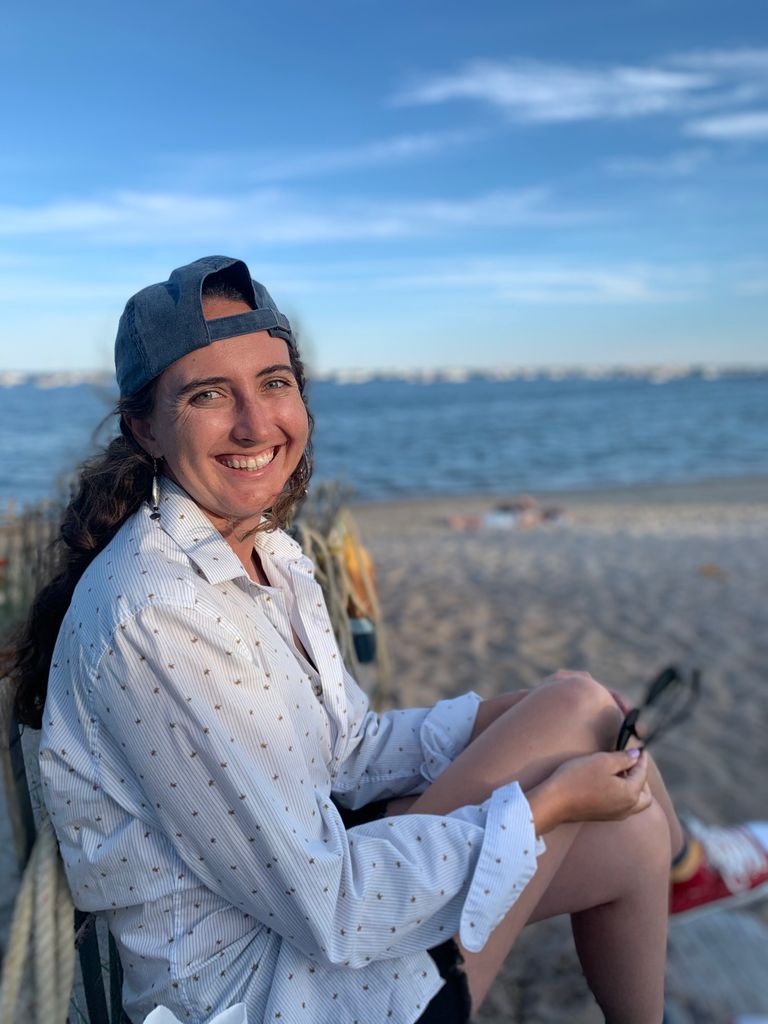
Mira Kelly-Fair (she/her)
Ph.D. Student
Mira Kelly-Fair is a PhD student who studies Coupled Human and Natural Systems (CHANS) under the guidance of Dr. Suchi Gopal, Dr. Les Kaufman, and Dr. Ethan Deyle. Advised by Dr. Roel Boumans, she is currently working on developing a Multi-scale Integrated Model of Ecosystem Services (MIMES) for Hopkins, Belize as it relates to mangrove loss; this is funded by the NSF Strong Coasts and by Boston University’s Global Development Policy (GDP) Center’s Summer in the Field Fellowship. Previously Mira published on land use and land cover changes in Semarang, Indonesia in MDPI and presented at the American Geophysical Union (AGU), the American Association of Geographers (AAG), and the International Geoscience and Remote Sensing Symposium (IGARSS). At IGARSS 2023, Mira placed second in the Young Professionals GeoPitch
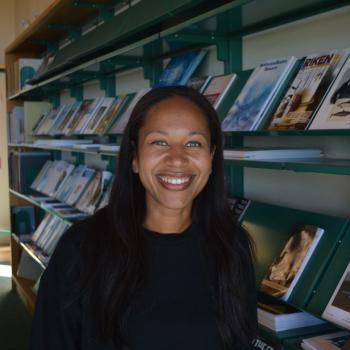
Catherine Lee Hing (she/her)
Ph.D. Student
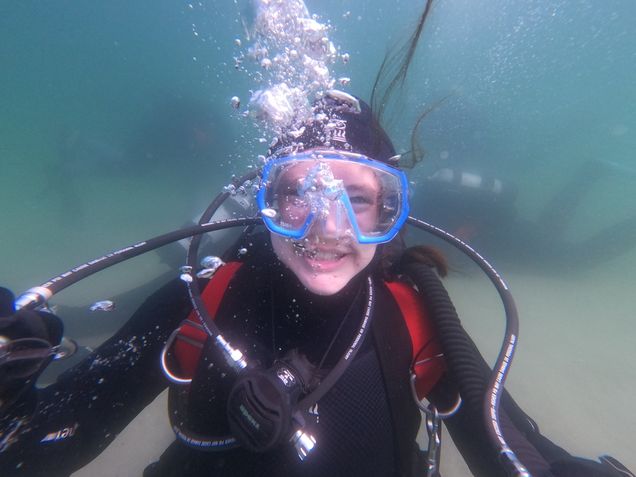
Cat Hauser (she/her)
Ph.D. Student
Cat Hauser is a first year Ph.D. student in the Biology Department. She graduated from the University of Rochester with a B.S. in Biomedical Engineering. After graduating, she spent several years working for various tech companies as an implementation engineer and as a software engineer in Denver, Colorado. In addition to this, she began volunteering for the Denver Aquarium, which prompted her to start considering how software and technology could be used to address problems affecting corals. She joined the Kaufman & Deyle Lab in the Fall of 2024 to research corals from the quantitative approach, using modeling and software techniques to analyze data and draw conclusions. In addition, she will also be going out in the field and collecting data herself.
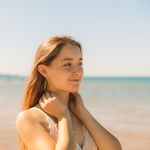
Hannah Connell (she/her)
Undergraduate Researcher
Hannah is a fourth-year marine science student at Boston University. Her research uses 3D photogrammetry to analyze fine-scale structural complexity and coral recovery of Caribbean coral reefs. This research is part of a long-term monitoring effort in Belize. She is interested in tropical ecosystem management, marine spatial ecology, and coral restoration. Hannah is a University Ambassador for Women in Ocean Science, a non-profit organization that tackles gendered issues in marine science and conservation to empower women to thrive in ocean-related careers. Outside of the lab, Hannah is the Editor-in-Chief of the Emerald Review, Boston University’s environmental student publication.
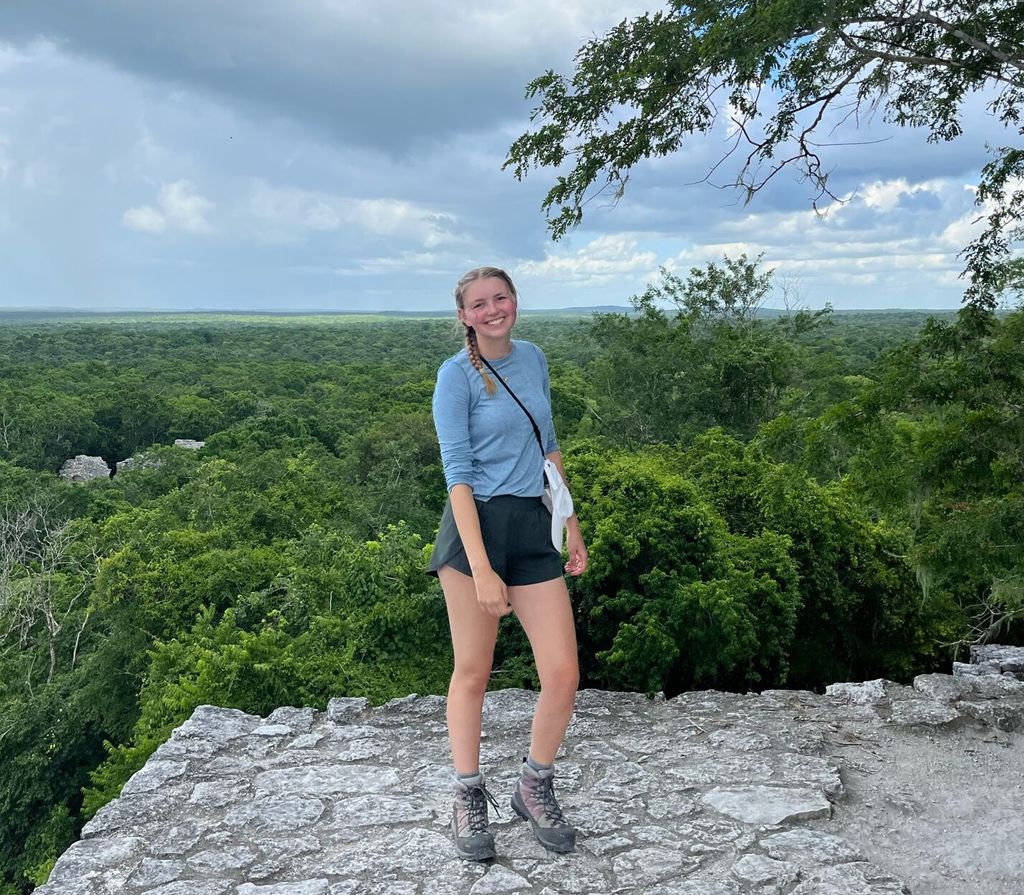
Meara Aberle (she/her)
Undergraduate Researcher
Meara is an undergraduate student assisting with the coral photomosaics project using CoralNet. She loves learning about the chemical interactions between corals. Outside of the lab, Meara is part of the BU ski team and in the professional co-ed environmental fraternity, Epsilon Eta. She enjoys hiking and swimming with friends.
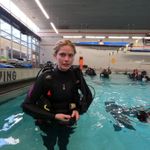
Charlotte Vogel (she/her)
Undergraduate Researcher
Charlotte Vogel is a Biology major with a specialization in ecology & conservation and a marine science minor. Charlotte is interested in biodiversity and conservation policy. In the lab, she analyzes coral data using CoralNet to better understand the long term impacts of coral restoration
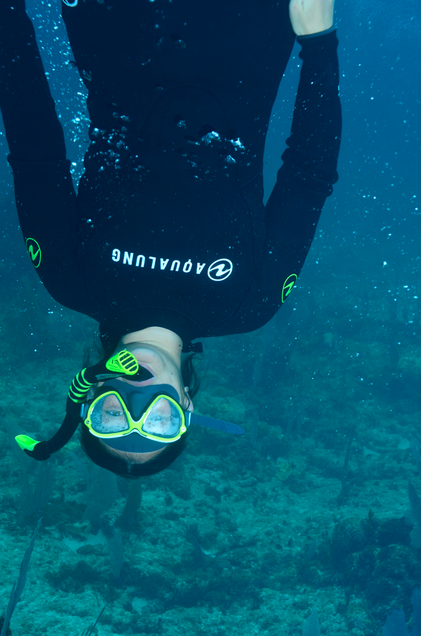
Emmanuelle Bogomolni (she/her)
Undergraduate Researcher
Emmanuelle Bogomolni is a junior at Boston University, majoring in Marine Science with a minor in African Studies. Her interests include ecology, animal behavior, and conservation. Within the lab, she has done research on the haplochromine cichlids in Lake Victoria as well as participated in collecting data in Belize to assist with a lab project and plans to work further with this research.
Mark Gregor
Undergraduate Researcher